Amrendra Kumar Rai, New Delhi/Patna (Ishan Samvad). Bihar is set to vote in the second and final phase of its assembly elections on November 11. But just a day earlier, a bomb explosion near the Red Fort in Delhi claimed nine lives prompting a crucial question: Are these two events connected?
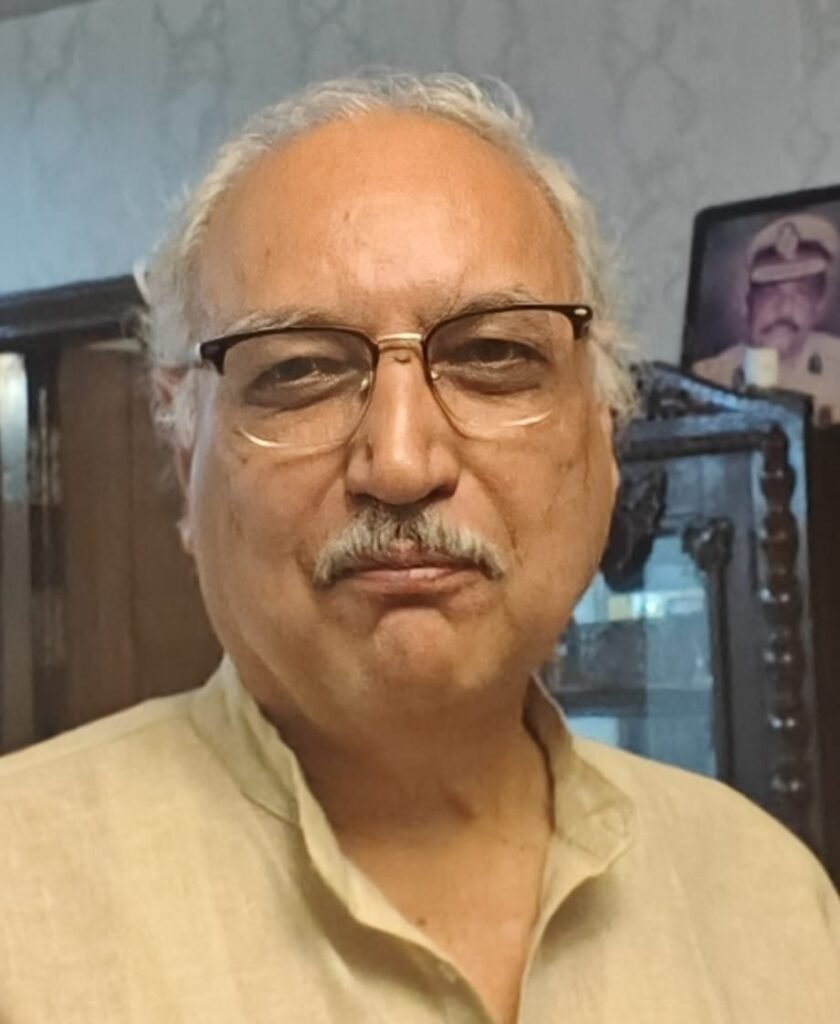
Since Prime Minister Narendra Modi came to power in 2014, Indian politics has witnessed a shift in how events are framed each incident or initiative is projected as something unprecedented. Often, comparisons are drawn with former prime ministers like Nehru and Indira Gandhi, positioning the current leadership as stronger and more decisive.
However, critics argue that while the government projects strength abroad, it often appears hesitant domestically be it addressing the Parliament during crises or visiting conflict-hit regions like Manipur.
The Pulwama attack in 2019 marked a turning point in public perception. For the first time, doubts were raised whether such incidents were used to gain electoral advantage. Ironically, when Modi was in opposition, he questioned how terrorists could infiltrate despite India’s strong border controls the same question now echoes for his own government.
Post-Pulwama, the slogan “Ghar Mein Ghusega Aur Maarega” became the centrepiece of the ruling party’s campaign, helping the BJP secure a larger mandate than before. Similar patterns were observed ahead of the 2024 elections after the Pahalgam incident, followed by symbolic nationwide drives like “Operation Sindoor” and “Tiranga Yatra.”
Now, with Bihar heading to polls and Delhi witnessing a terror blast on the eve of voting, many are asking
Is this another coincidence, or a political move ahead of the ballot?
The answer may only become clear when results are declared on November 14.

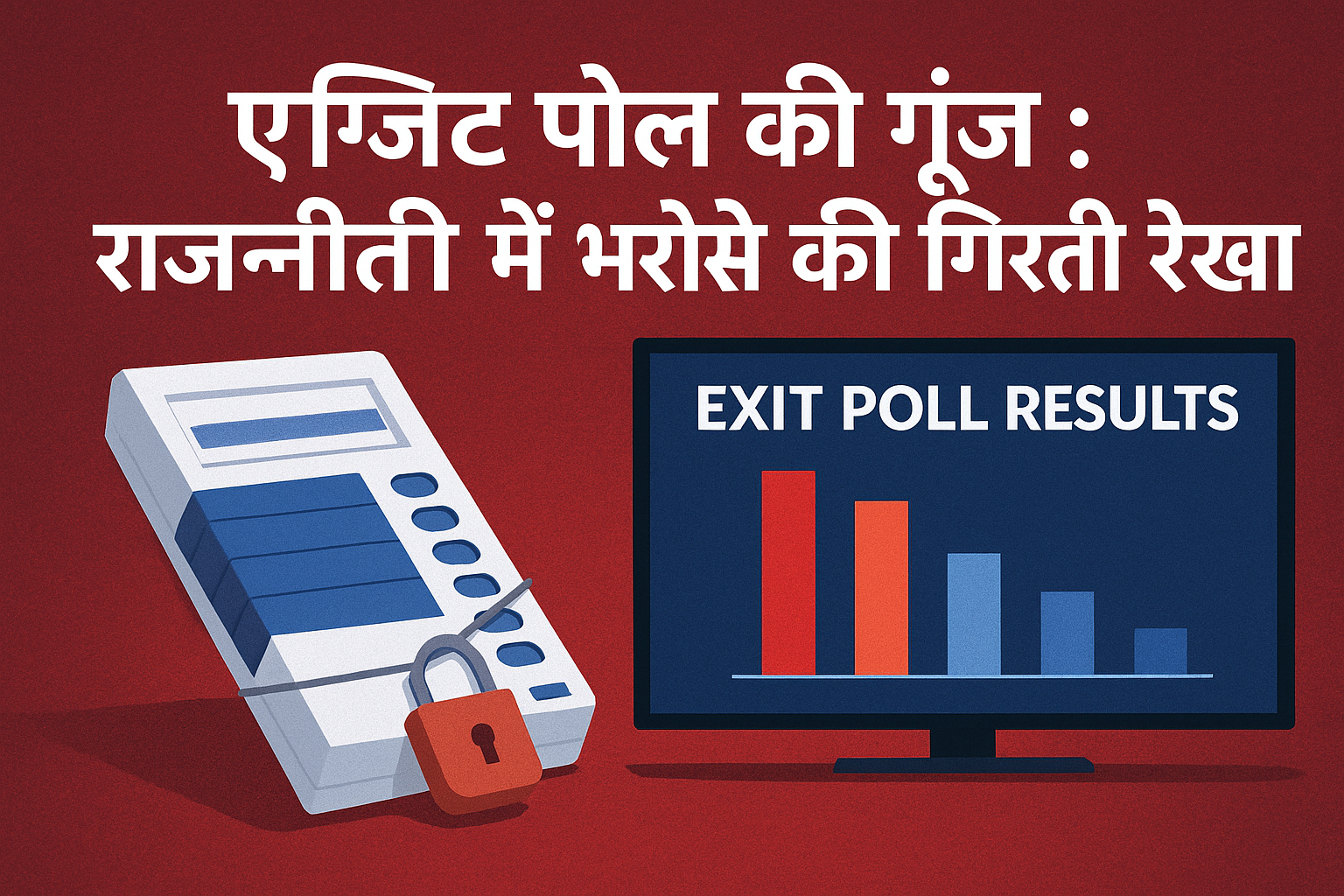
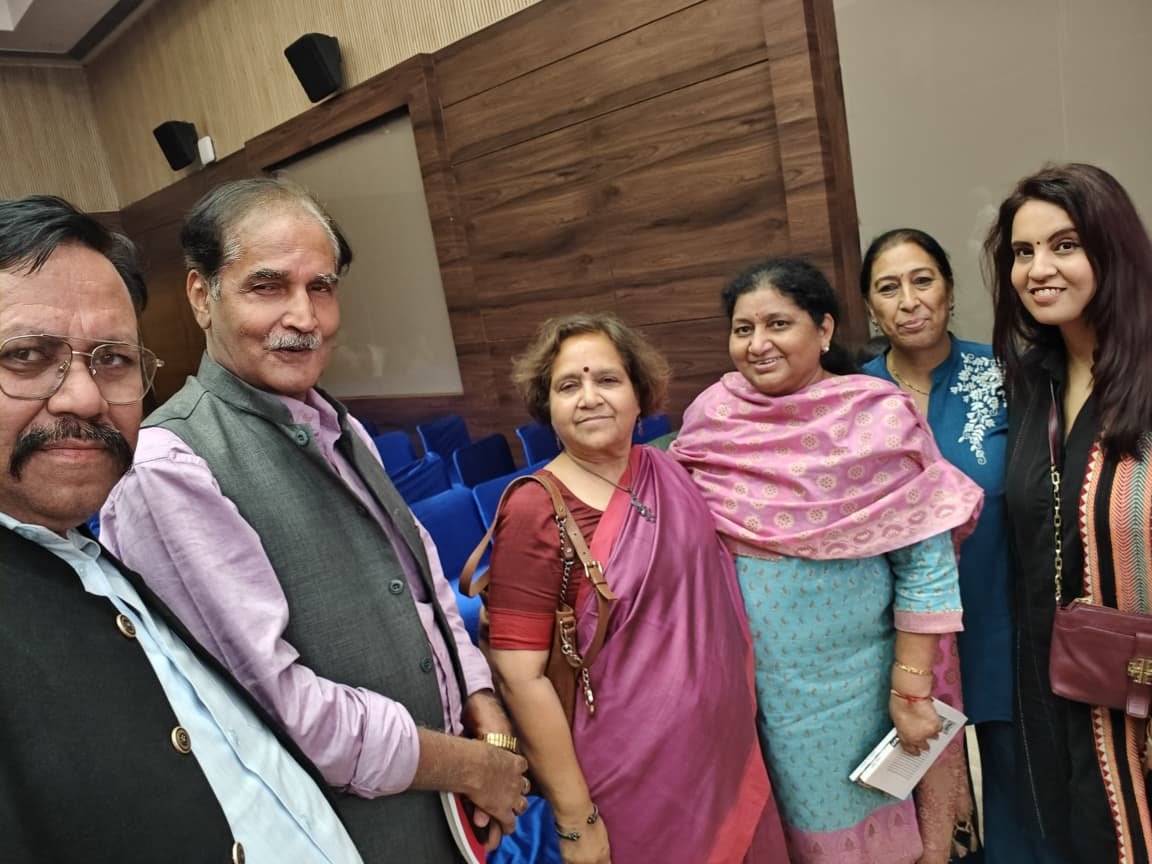


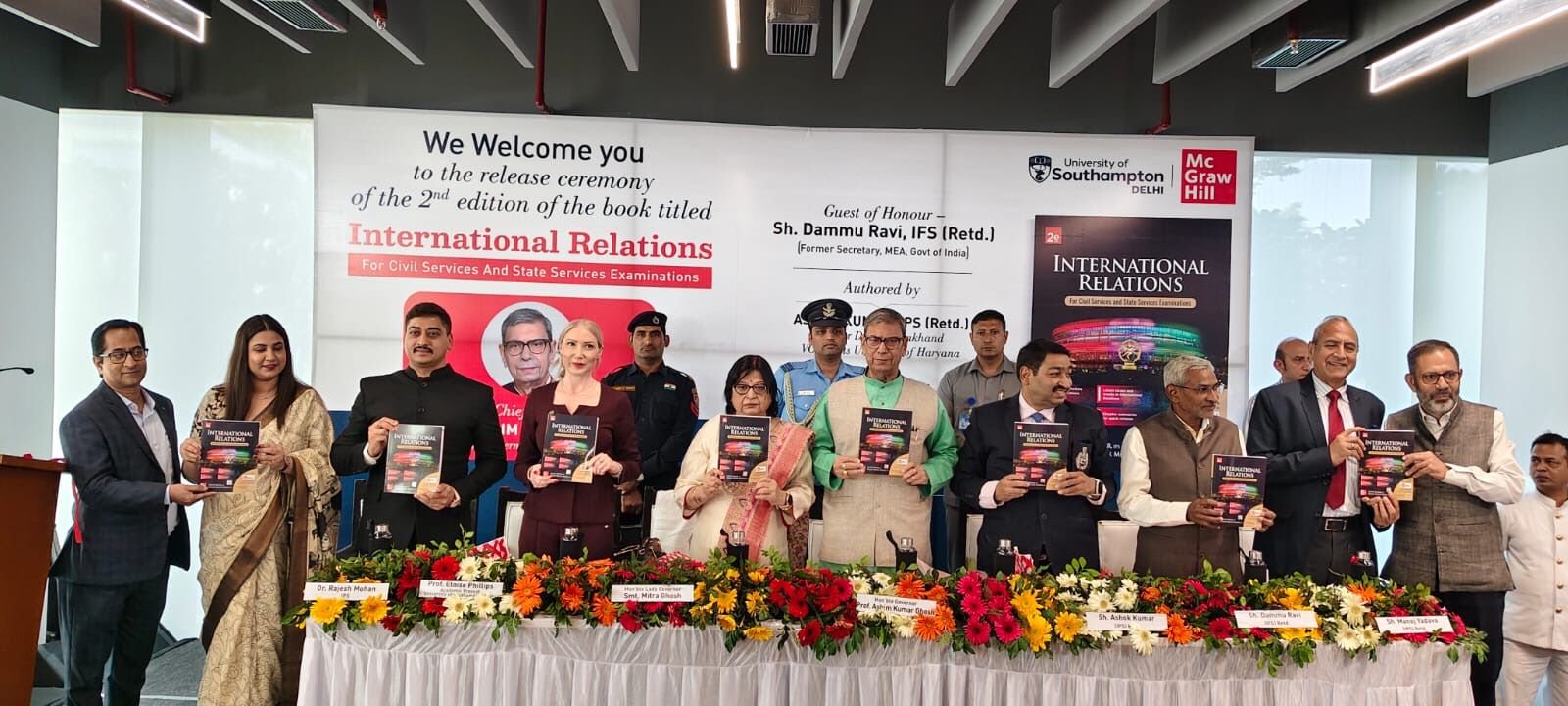

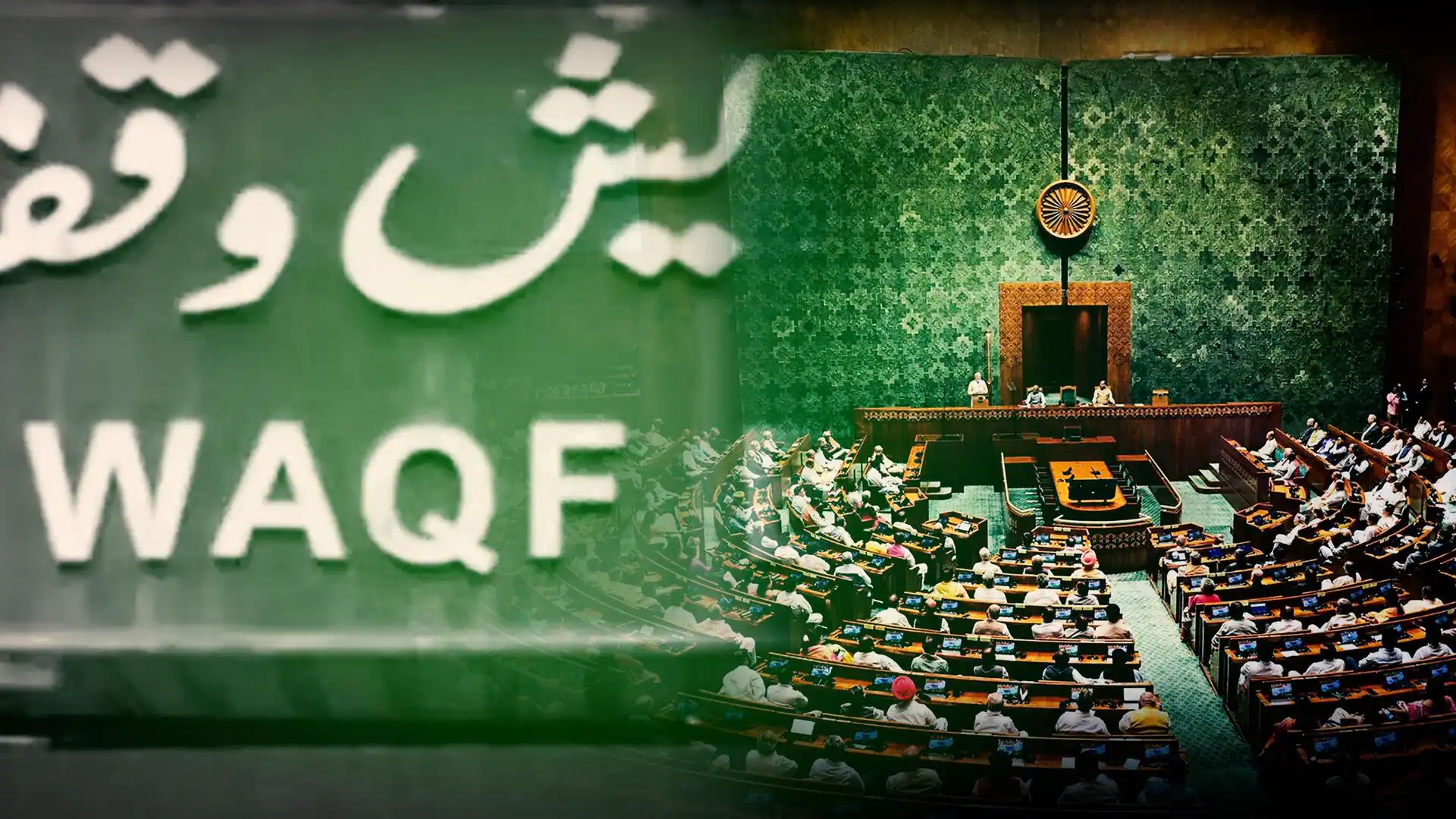
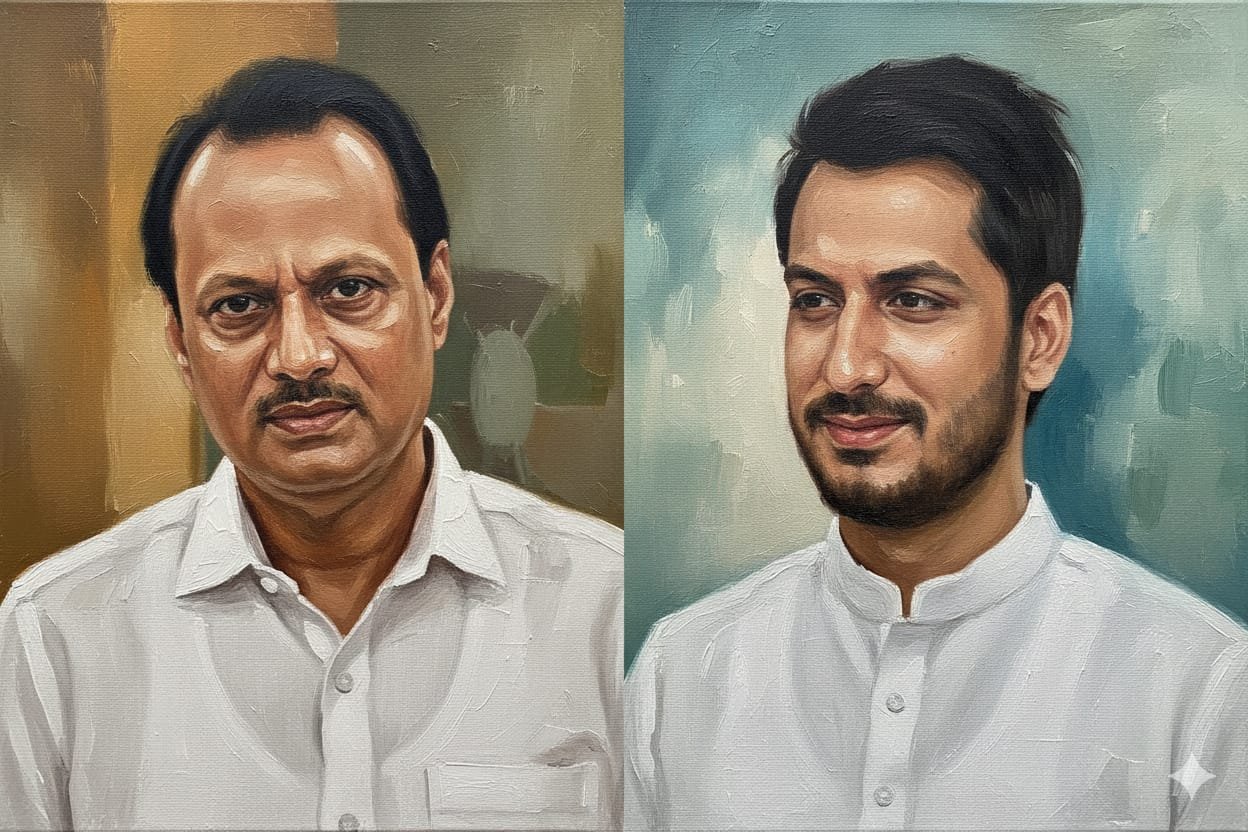
Leave a Reply